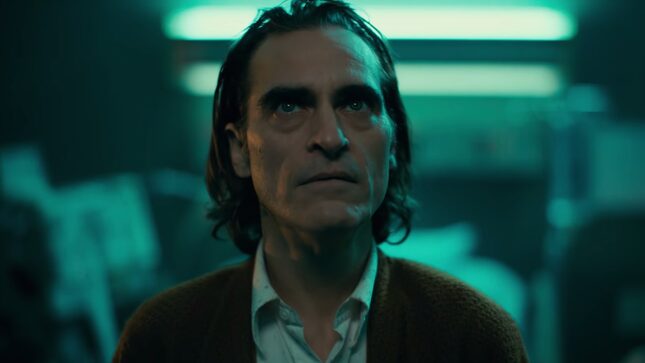
Screenshot: DC Films
This post contains minor plot spoilers and is based on a screening of Joker at the 2019 Toronto International Film Festival. The movie hits theaters October 4.
There’s a scene in Todd Phillips’s Joker where Arthur Fleck, the man who becomes the Joker, goes on a rant. He’s talking about society, or primarily how he has been wronged by the world around him (something that he talks about a lot). I was at the edge of my seat the entire time, mostly because he was dancing around uttering the phrase immortalized by meme culture: “We live in a society.” After spending nearly two hours watching the origin story of the world’s most beloved villain, it felt like it was on the tip of his tongue.
Since Heath Ledger’s portrayal of the Joker in 2008’s The Dark Knight, Batman’s nemesis has been meme-ified to death. Both earnestly and ironically, the Joker character has its own ecosystem of memes, parody accounts, and culture. Most center around how corny he is—regardless of what his origin story may be in a film, his problem is always “society” in general and how people don’t listen to him enough. It’s the stuff you hear men tell you when you’re in your early twenties and nod along to so they shut up.
-

-

-

-

-

-

-

-

-

-

-

-

-

-

-

-

-

-

-

-

-

-

-

-

-

-

-

-

-

-

-

-

-

-

-

-

-

-

-

-








































